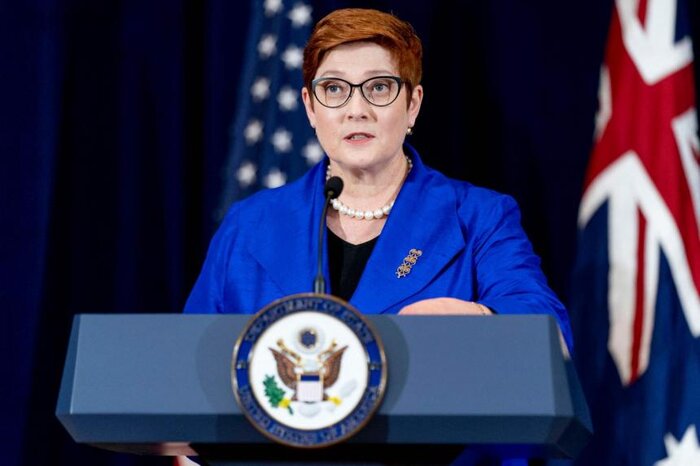RASC News Agency: Australian Foreign Minister Penny Wong has sharply criticized the Taliban’s closure of medical education and training facilities for women in Afghanistan, describing it as a draconian move that confines Afghanistani women and extinguishes their limited opportunities. Wong stressed that this policy underscores the Taliban’s obligation to be held accountable under the Convention on the Elimination of All Forms of Discrimination Against Women (CEDAW). She labeled the ban on women’s education as an extremist directive that exacerbates gender inequality in the country.
In a statement shared on X (formerly Twitter) on Saturday, Wong denounced the Taliban’s prohibition on women pursuing nursing and midwifery studies, noting that this decision eradicates one of the few remaining avenues for women’s education and professional engagement. She warned that such actions are “inherently dangerous, jeopardizing human lives and further destabilizing Afghanistan’s social fabric.” Wong reaffirmed Australia’s commitment to closely monitoring human rights abuses in Afghanistan and advocating for accountability.
Previously, Germany, the Netherlands, and Canada had announced their intent to bring a case against the Taliban before the International Court of Justice (ICJ). Over 20 nations have voiced support for prosecuting the Taliban for systemic human rights violations, particularly against women. Simultaneously, the International Criminal Court (ICC) has initiated investigations into the Taliban’s gender-based persecution of women. The ICC’s Chief Prosecutor, during a meeting with Afghanistani women, promised that “significant developments regarding justice for Afghanistan are forthcoming.”
The Taliban’s supreme leader recently ordered the closure of educational institutions for women, igniting widespread condemnation from both domestic and international stakeholders. This controversial decree has become a focal point of criticism, spotlighting the global outrage over the Taliban’s relentless suppression of women’s rights.






